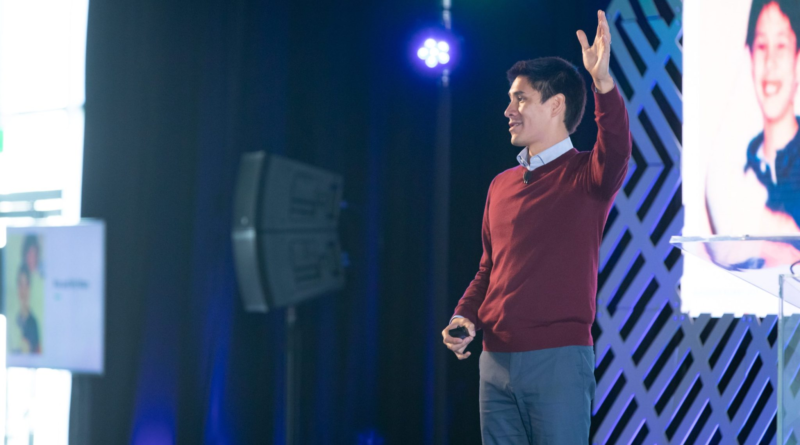The CEO of Glassdoor breaks down the power shift in the labor market and how the hiring landscape has changed
During the Great Resignation, companies couldn’t find talent fast enough. That put power in the hands of job seekers across the U.S., and led to some big wage increases.
But that seems like a distant memory now. The number of open jobs in September of this year was 2 million less than the same month in 2023, according to the Bureau of Labor Statistics. Workers are struggling to find a job, and more likely to stay put when they have one.
“It really feels like the power shifted to the employers,” Glassdoor CEO Christian Sutherland-Wong tells Fortune. “Previously, job seekers had a lot of choices and could easily move between companies. But now they’re holding back, and people stay in their companies longer.”
That shift in power dynamics has allowed some companies to start playing hardball with workers on everything from salary negotiations to RTO mandates. This autumn, Amazon made a splash by mandating that workers return to work five days a week beginning in January. Computer company Dell and the Washington Post have made similar pronouncements.
But other companies are doing the opposite. Glassdoor went fully remote earlier this year. And despite the recent flurry of big-name companies demanding RTO, Sutherland-Wong believes that remote and hybrid work trends are here to stay.
And as for Glassdoor specifically, their decision to be remote has come with some major upsides. “I think the biggest benefit we’ve seen, being a fully remote workplace, is being able to tap into talent all around the U.S. and all around the globe that we didn’t have access to when we were an office-based company,” he tells Fortune. “And that’s been a powerful change to the talent we’ve been able to bring on.”
Check out more from Sutherland-Wong in the full interview here.
Brit Morse
brit.morse@fortune.com
Today’s edition was curated by Emma Burleigh.
Around the Table
A round-up of the most important HR headlines.
Some employers who largely depend on immigrant labor fear that Trump’s new policies will include workforce raids. Bloomberg
The U.S. Patent and Trademark Office banned its employees from using generative AI on the job out of concern that the tools exhibiting “bias, unpredictability, and malicious behavior.” Wired
Although robots have taken up some warehouse work duties, the technology is less capable of matching some skills that humans have, like reaching into containers to find buried items. New York Times
Watercooler
Everything you need to know from Fortune.
Legal quarrels. Amazon and SpaceX attorneys are fighting the National Labor Relations Board, arguing in a federal appeals court that the organization is unconstitutional. —Haleluya Hadero, AP
Beau benefits. Some members of Gen Z are “throning” to make their way to the top—dating people who they view as more successful, to benefit from their partner’s reputation and network. —Orianna Rosa Royle
WARNing note. On Monday, Boeing sent out its first wave of layoff notices to workers in Washington state as the company seeks to cut about 2,200 jobs. —AFP




